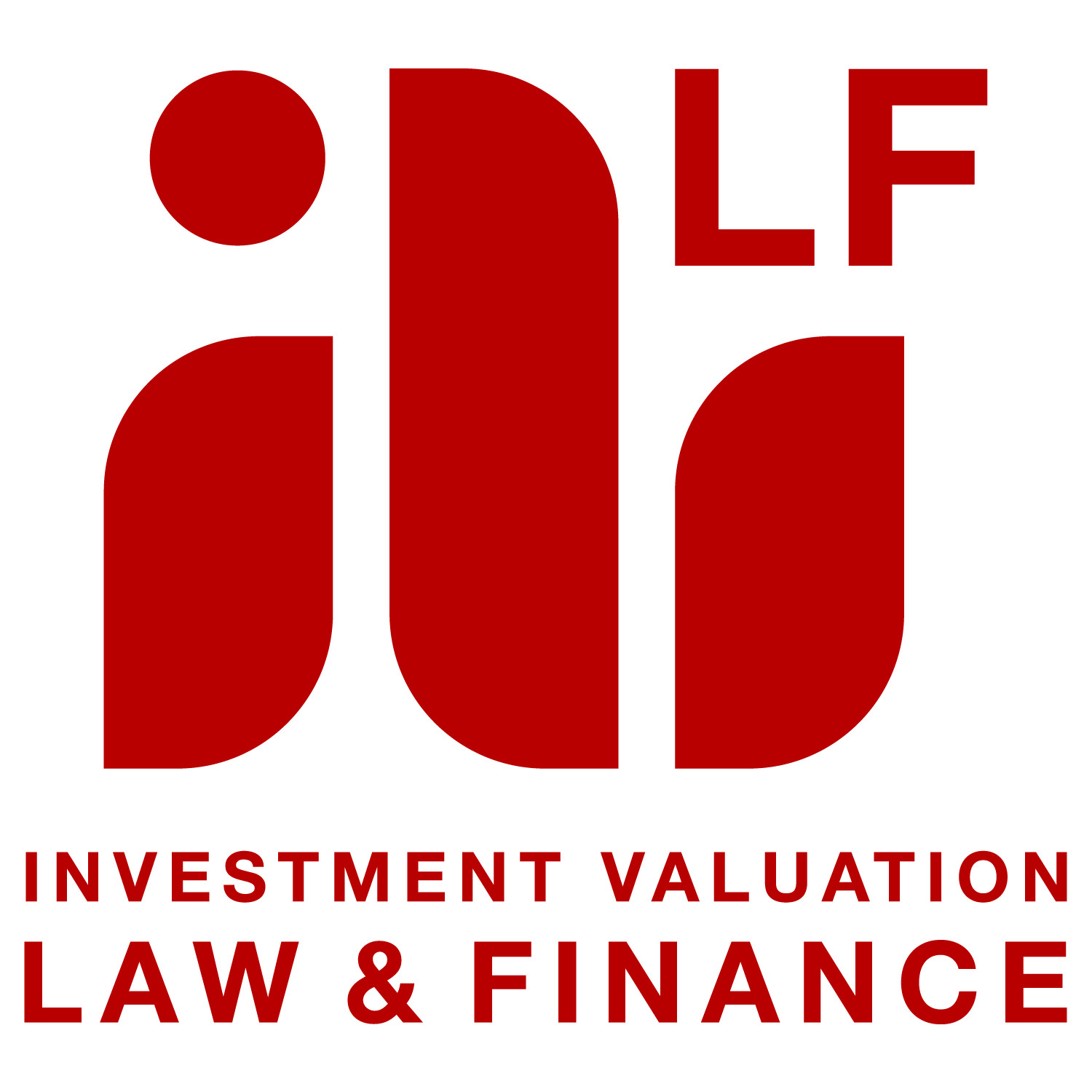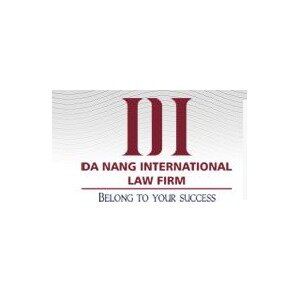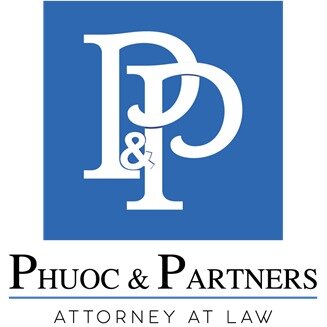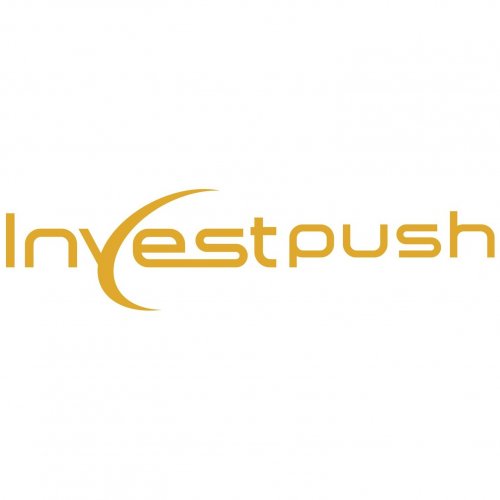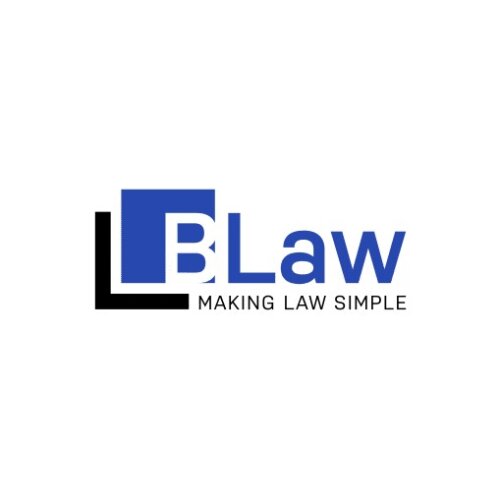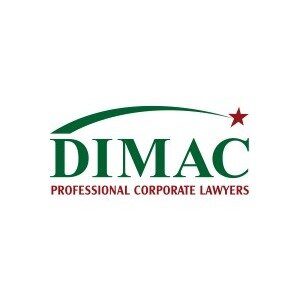Best Equity Capital Markets Lawyers in Vietnam
Share your needs with us, get contacted by law firms.
Free. Takes 2 min.
Or refine your search by selecting a city:
List of the best lawyers in Vietnam
About Equity Capital Markets Law in Vietnam
Equity Capital Markets (ECM) law in Vietnam refers to the rules, regulations, and practices governing the processes by which companies raise funds through the issuance and trading of shares and other equity instruments. Vietnam's equity capital markets have seen rapid development over recent years and are increasingly important for both domestic and foreign investors. The markets are regulated primarily by the State Securities Commission (SSC), which is responsible for administering the Securities Law and overseeing activities on the country's stock exchanges such as HOSE (Ho Chi Minh City Stock Exchange) and HNX (Hanoi Stock Exchange).
The legal framework seeks to provide investor protection, foster market transparency, and ensure fairness in the listing, trading, and offering of equity securities. These regulations apply to public offerings, private placements, Initial Public Offerings (IPOs), mergers and acquisitions (M&A) involving listed companies, and ongoing disclosure obligations for public companies.
Why You May Need a Lawyer
Navigating the equity capital markets in Vietnam can be complex, due to intricate legal requirements and procedures. Below are common situations where legal advice is crucial:
- Initial Public Offerings: Companies preparing for an IPO must comply with listing requirements, draft a prospectus, and obtain necessary regulatory approvals.
- Private Placements: Issuing shares privately or to chosen investors requires careful adherence to private placement rules and documentation standards.
- Foreign Investment: Foreign investors or companies require guidance on allowed investment ratios and procedures, as Vietnamese law includes foreign ownership caps in specific sectors.
- Disclosure Obligations: Public companies must comply with ongoing reporting and disclosure requirements, failure of which could result in penalties.
- Corporate Restructuring and M&A: Legal support is necessary to ensure compliance with securities regulations when acquiring or merging with listed companies.
- Regulatory Investigations or Disputes: Facing investigations or disputes related to securities law presupposes strong legal representation.
- Insider Trading and Market Abuse: Both compliance and defense against allegations require in-depth legal knowledge.
A qualified ECM lawyer helps protect your interests, minimize risks, expedite the approvals process, and ensure compliance with evolving local regulations.
Local Laws Overview
Vietnam’s legal framework for equity capital markets is mainly governed by the following statutes and regulations:
- Securities Law No. 54/2019/QH14: This law forms the backbone of Vietnamese securities regulation, covering public offerings, listing, trading, and disclosure obligations of public companies.
- Implementing Decrees and Circulars: These include various government decrees and Ministry of Finance circulars that detail the processes for registration, disclosure, and market operations.
- Stock Exchange Rules: Both HOSE and HNX have their own listing and trading rules that must be followed in addition to national laws.
- Foreign Ownership Regulations: Vietnam has capped foreign ownership in certain sectors and requires transparency for foreign holdings in listed companies.
- Disclosure and Reporting Requirements: Public companies must regularly disclose financial results, ownership changes, and significant transactions or events.
- Market Conduct Rules: There are strict rules prohibiting insider trading, market manipulation, and other abuses, with significant penalties for breaches.
- Capital Raising Procedures: Issuers must satisfy pre-conditions for public offerings, including minimum profitability, shareholder structure, and corporate governance requirements.
Understanding these rules and the authorities responsible is crucial for individuals and businesses involved in Vietnam’s equity capital markets.
Frequently Asked Questions
What is considered a public offering of shares in Vietnam?
A public offering is when a company offers its shares or equity instruments to the public, either through an IPO or additional share issuances. This requires regulatory approval, a prospectus, and strict compliance with disclosure requirements.
How is an IPO process regulated in Vietnam?
The IPO process is mainly governed by the Securities Law and guided by both the SSC and the stock exchanges. Requirements include meeting minimum capital and profitability thresholds, proper shareholder structure, and completing an application with necessary documents for regulator approval.
What are the main regulatory bodies overseeing equity capital markets?
The State Securities Commission (SSC) oversees the securities markets. HOSE and HNX are the main stock exchanges where equities are listed and traded. The Ministry of Finance also has a regulatory role.
Are there restrictions on foreign ownership of Vietnamese public companies?
Yes, there are foreign ownership caps applicable to many listed companies, especially in sensitive or restricted sectors. Some companies may allow up to 100 percent foreign ownership if allowed by sectoral laws, but this must be declared in company charter and reported to regulators.
What ongoing obligations do public companies have toward their shareholders?
Public companies must fulfill regular and ad-hoc disclosure requirements, provide annual and quarterly financial statements, disclose significant transactions, and ensure transparent corporate governance practices.
What are the penalties for insider trading or market manipulation?
Insider trading and market manipulation are criminal offenses carrying significant penalties, including fines, suspension of trading rights, and possible imprisonment, depending on the severity of the breach.
Can Vietnamese companies list shares on foreign stock exchanges?
Yes, Vietnamese law allows certain companies to list offshore, but this is subject to fulfilling Vietnam’s specific legal procedures and approval from the SSC, along with meeting requirements of the foreign stock market.
What documents are required to register a public offering?
Key documents include a prospectus, audited financial statements, approval from the company’s Board of Directors and shareholders, and supporting legal or compliance documents as stipulated by the SSC and exchanges.
How long does it take to complete an IPO in Vietnam?
An IPO typically takes several months, including preparation, regulatory review, and approval. The actual timeframe depends on the complexity of the company’s operations and how efficiently required documentation is prepared.
How can investors verify the legitimacy of a public offering?
Investors can check the SSC’s official announcements, stock exchange disclosures, and verified prospectuses. Consulting with professional advisors is recommended before participating in any offering.
Additional Resources
If you need further guidance on equity capital markets in Vietnam, consider the following resources and organizations:
- State Securities Commission (SSC): The main government regulator for securities activities, including market supervision and public offering approvals.
- Ho Chi Minh City Stock Exchange (HOSE) and Hanoi Stock Exchange (HNX): Official exchanges where you can find information on listings, rules, and disclosures.
- Vietnam Securities Depository (VSD): The central securities depository, handling clearing, settlement, and registration of securities.
- Vietnam Association of Securities Business (VASB): An industry body providing updates, training, and advocacy for market participants.
- Legal and Consulting Firms: Many domestic and international law firms in Vietnam specialize in capital markets and can offer tailored advice and support.
Next Steps
If you are considering raising capital, investing, or navigating legal issues in Vietnam’s equity capital markets, it is important to act methodically:
- Evaluate your needs and identify any specific legal questions or processes relevant to your involvement in the markets.
- Research and shortlist law firms or legal professionals with recognized expertise in Vietnamese equity capital markets.
- Prepare key business and personal documents related to your inquiries, such as company charters, financial statements, or investment information.
- Request an initial consultation to outline your goals and receive preliminary advice on your options, obligations, and risks.
- Follow the legal advisor’s recommendations and ensure ongoing compliance with regulatory requirements to avoid legal penalties and facilitate business growth.
Professional legal guidance can help you protect your interests, streamline complex processes, and take full advantage of Vietnam’s growing equity capital markets.
Lawzana helps you find the best lawyers and law firms in Vietnam through a curated and pre-screened list of qualified legal professionals. Our platform offers rankings and detailed profiles of attorneys and law firms, allowing you to compare based on practice areas, including Equity Capital Markets, experience, and client feedback.
Each profile includes a description of the firm's areas of practice, client reviews, team members and partners, year of establishment, spoken languages, office locations, contact information, social media presence, and any published articles or resources. Most firms on our platform speak English and are experienced in both local and international legal matters.
Get a quote from top-rated law firms in Vietnam — quickly, securely, and without unnecessary hassle.
Disclaimer:
The information provided on this page is for general informational purposes only and does not constitute legal advice. While we strive to ensure the accuracy and relevance of the content, legal information may change over time, and interpretations of the law can vary. You should always consult with a qualified legal professional for advice specific to your situation.
We disclaim all liability for actions taken or not taken based on the content of this page. If you believe any information is incorrect or outdated, please contact us, and we will review and update it where appropriate.
Browse equity capital markets law firms by city in Vietnam
Refine your search by selecting a city.





